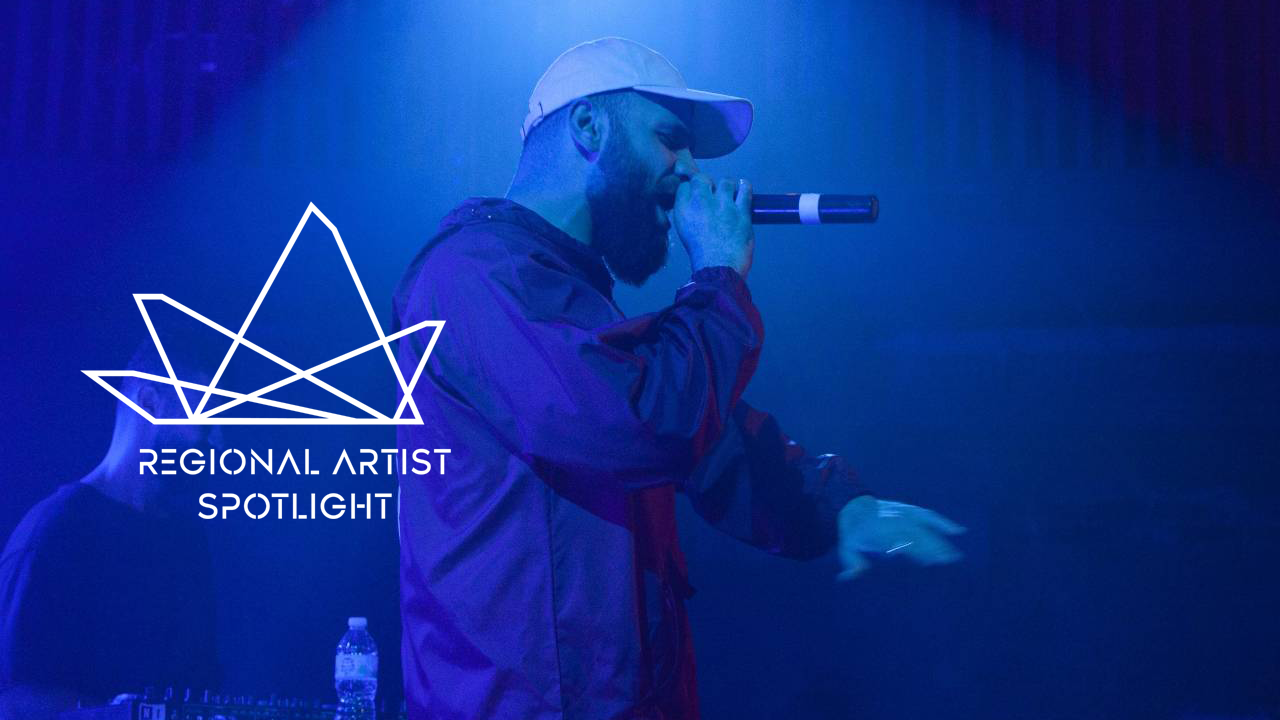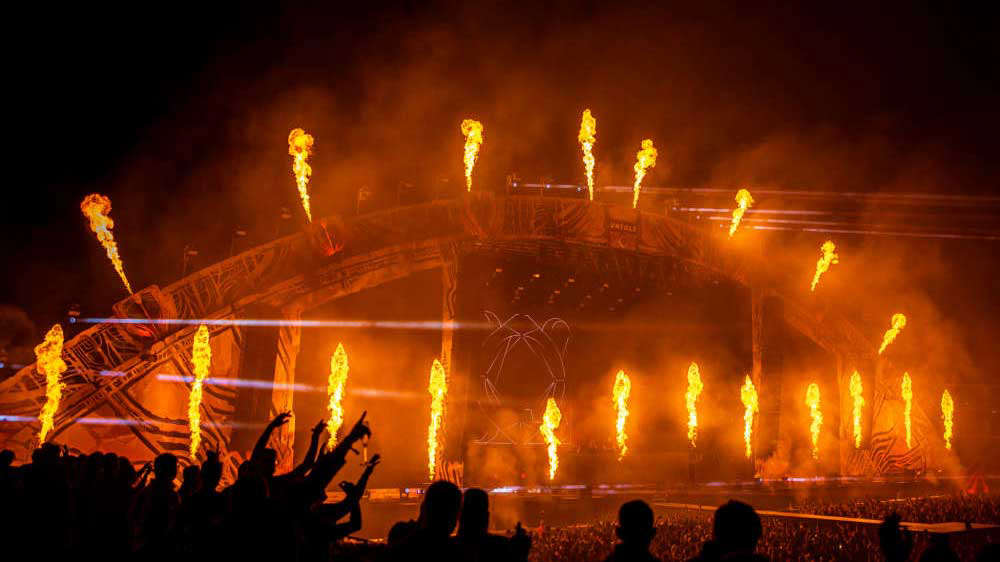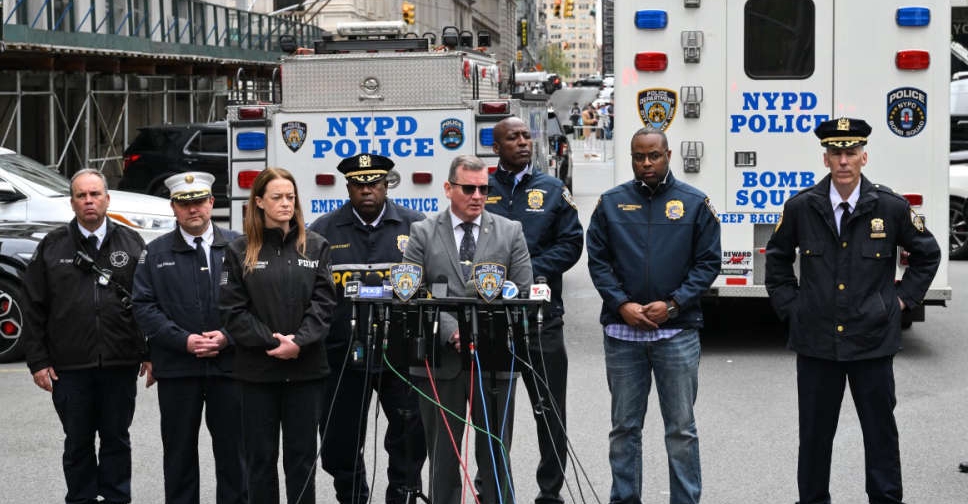
A man has died after setting himself on fire on Friday outside the New York courthouse where Donald Trump's historic hush-money trial was taking place as jury selection wrapped up.
Officials said he did not appear to have been targeting Trump.
The man burned for several minutes in full view of television cameras that were set up outside the courthouse, where the first-ever criminal trial of a former US president is being held.
NBC News and other US media said early on Saturday that the man had died. NBC News quoted New York City police as saying the hospital where the man was taken had declared him dead.
Officials had said earlier the man, who was in his late 30s, was in critical condition.
Witnesses said the victim pulled pamphlets out of a backpack and threw them in the air before he doused himself with a liquid and set himself on fire. One of those pamphlets included references to "evil billionaires" but portions that were visible to a Reuters witness did not mention Trump.
The New York Police Department said the man, who they identified as Max Azzarello of St. Augustine, Florida, did not appear to be targeting Trump or others involved in the trial.
"Right now we are labeling him as sort of a conspiracy theorist, and we are going from there," Tarik Sheppard, a deputy commissioner with the Police Department, said at a news conference.
In an online manifesto, a man using that name said he set himself on fire and apologised to friends, witnesses and first responders. The post warns of "an apocalyptic fascist coup" and criticises cryptocurrency and US politicians, but does not single out Trump in particular.
The downtown Manhattan courthouse, heavily guarded by police, drew a throng of protesters and onlookers on Monday, the trial's first day, though crowds have dwindled since then.
The 12 jurors, along with six alternates, will consider evidence in a first-ever trial to determine whether a former US president is guilty of breaking the law.
Prosecutors intend to call at least 20 witnesses, according to Trump defence lawyer Susan Necheles. Trump may testify on his own behalf, in a risky move that would open him up to cross-examination.
The jury consists of seven men and five women, mostly employed in white-collar professions: two corporate lawyers, a software engineer, a speech therapist and an English teacher.
Most are not native New Yorkers, hailing from across the United States and countries like Ireland and Lebanon. The alternates, who will also hear the case, are held in reserve in case one of the jurors has to leave due to illness or some other cause.
Trump is accused of covering up a $130,000 payment his then-lawyer Michael Cohen made to adult movie star Stormy Daniels before the 2016 election to keep quiet about a sexual encounter she says they had a decade earlier.
Trump has pleaded not guilty to 34 counts of falsifying business records brought by Manhattan District Attorney Alvin Bragg and denies any such encounter with Daniels, whose real name is Stephanie Clifford.
Trump has pleaded not guilty in three other criminal cases as well, but this is the only one certain to go to trial ahead of the November 5 election, when the Republican politician aims to again take on Democratic President Joe Biden.
A conviction would not bar him from office.



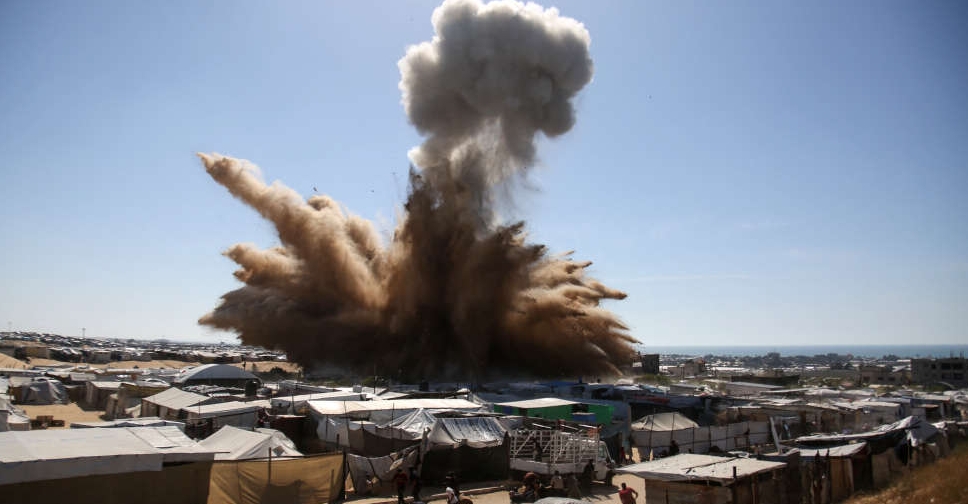 Israel's Netanyahu says military to increase pressure on Hamas
Israel's Netanyahu says military to increase pressure on Hamas
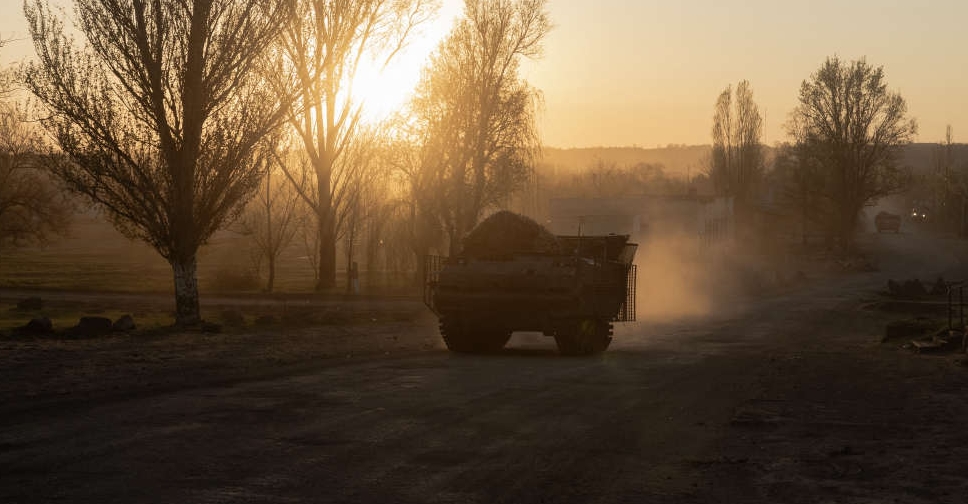 Russia and Ukraine accuse each other of breaking one-day Easter ceasefire
Russia and Ukraine accuse each other of breaking one-day Easter ceasefire
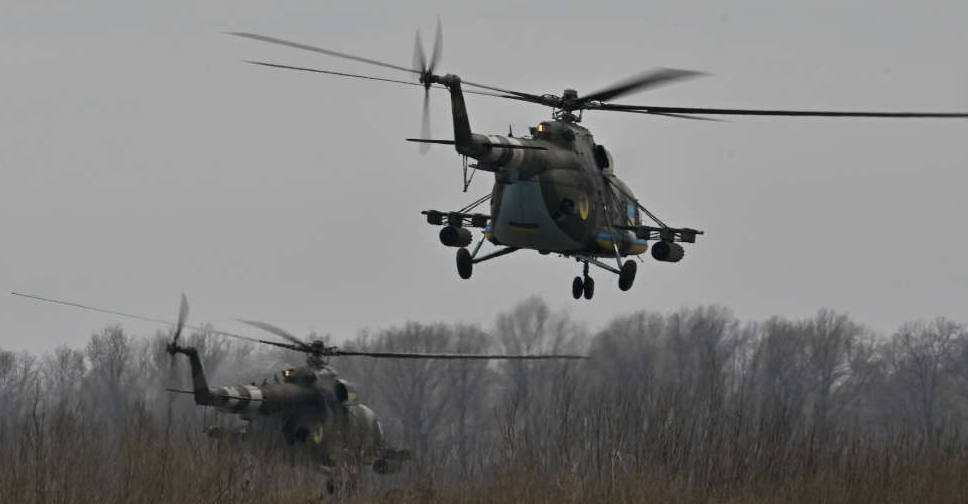 Russia declares unilateral Easter ceasefire in Ukraine
Russia declares unilateral Easter ceasefire in Ukraine
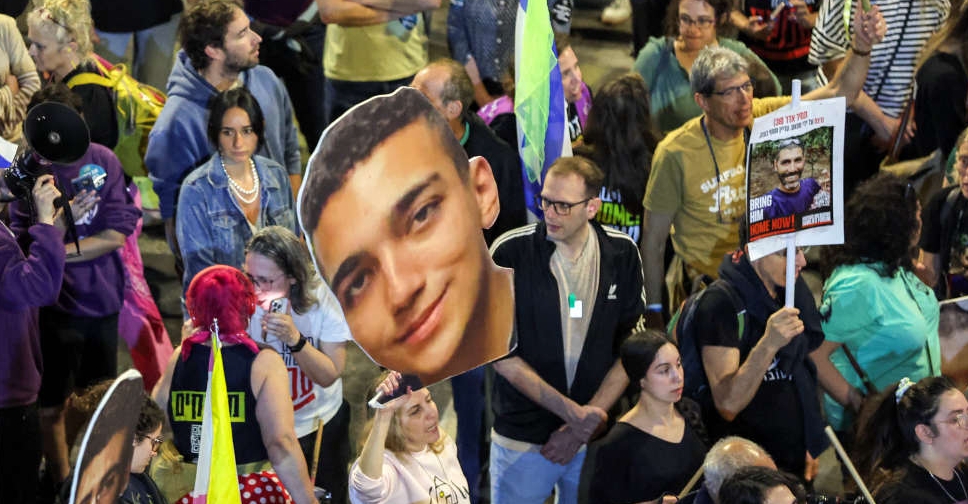 Hamas armed wing says fate of Israeli-American hostage unknown
Hamas armed wing says fate of Israeli-American hostage unknown
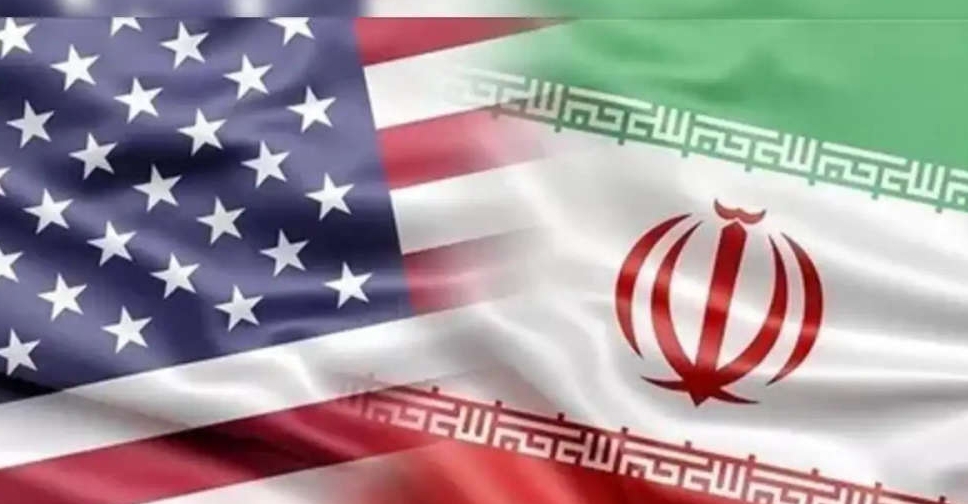 Iran, US begin second round of talks in bid to reach nuclear deal
Iran, US begin second round of talks in bid to reach nuclear deal


